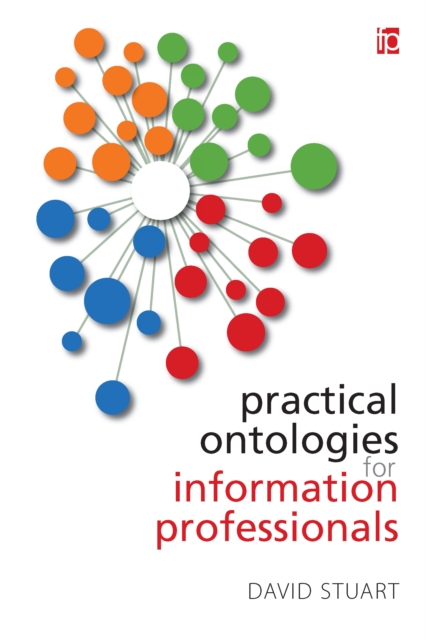
Practical Ontologies for Information Professionals PDF
by David Stuart
Description
Practical Ontologies for Information Professionals provides an accessible introduction and exploration of ontologies and demonstrates their value to information professionals.
More data and information is being created than ever before. Ontologies, formal representations of knowledge with rich semantic relationships, have become increasingly important in the context of today's information overload and data deluge. The publishing and sharing of explicit explanations for a wide variety of conceptualizations, in a machine readable format, has the power to both improve information retrieval and discover new knowledge. Information professionals are key contributors to the development of new, and increasingly useful, ontologies.
Practical Ontologies for Information Professionals provides an accessible introduction to the following:
- defining the concept of ontologies and why they are increasingly important to information professionals
- ontologies and the semantic web
- existing ontologies, such as RDF, RDFS, SKOS, and OWL2
- adopting and building ontologies, showing how to avoid repetition of work and how to build a simple ontology
- interrogating ontologies for reuse
- the future of ontologies and the role of the information professional in their development and use.
This book will be useful reading for information professionals in libraries and other cultural heritage institutions who work with digitalization projects, cataloguing and classification and information retrieval. It will also be useful to LIS students who are new to the field.
Information
-
Download - Immediately Available
- Format:PDF
- Pages:224 pages
- Publisher:Facet Publishing
- Publication Date:31/08/2016
- Category:
- ISBN:9781783301522
Other Formats
- Paperback / softback from £70.00
- Hardback from £140.00
Information
-
Download - Immediately Available
- Format:PDF
- Pages:224 pages
- Publisher:Facet Publishing
- Publication Date:31/08/2016
- Category:
- ISBN:9781783301522






